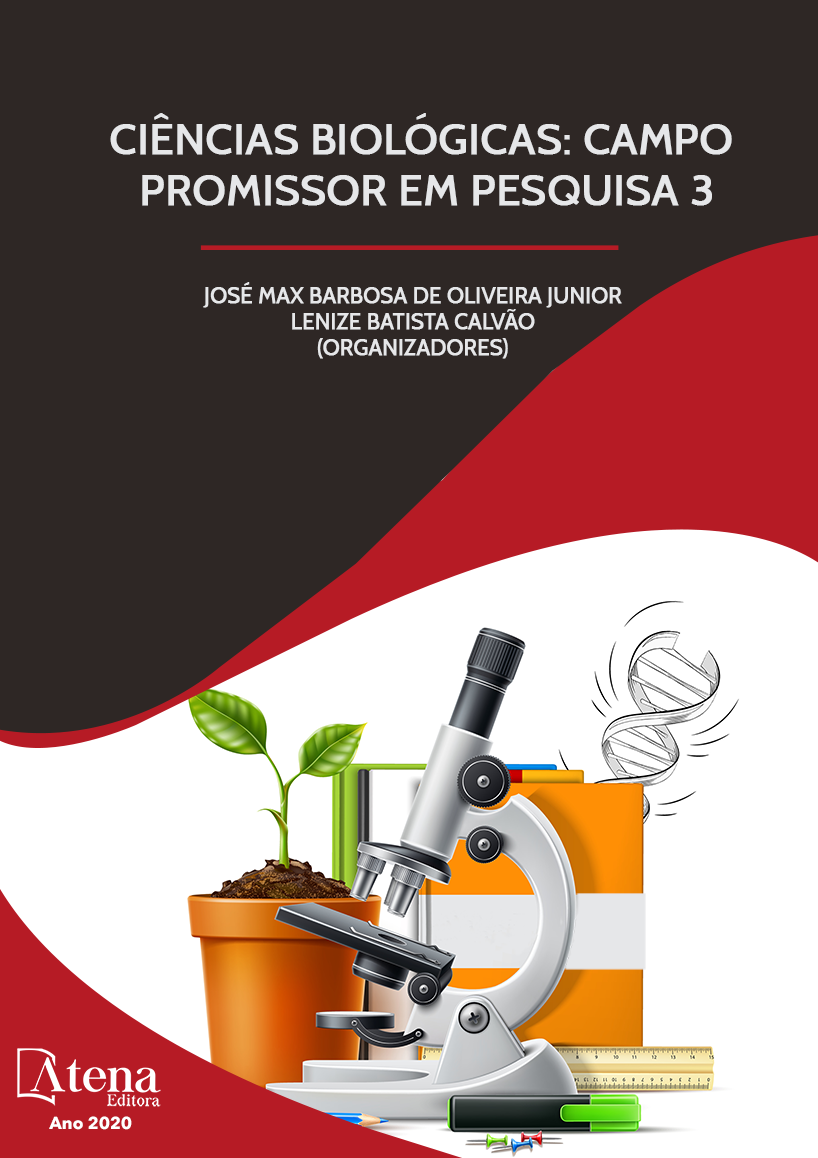
GENOTIPAGEM DO CYP2C9 PARA ENSAIOS FARMACOGENÉTICOS A PARTIR DE AMOSTRAS DE SALIVA: ESTUDO PILOTO
O uso de anti-inflamatórios não esteroidais (AINEs) está associado a reações adversas sérias aos fármacos e fatores genéticos estão entre os aspectos que podem influenciar a resposta individual. O CYP2C9 é um gene altamente polimórfico, membro da superfamília do citocromo P450 e responsável, entre outros genes, pela codificação de enzimas que metabolizam a maioria dos AINEs. A literatura aponta que variantes desse gene implicam na diminuição da metabolização dos AINEs, aumentando a possibilidade de efeitos adversos. Assim, é extremamente importante entender as variações genéticas para permitir a personalização da terapia medicamentosa, garantindo eficácia satisfatória e efeitos colaterais mínimos. Esta é uma realidade em várias áreas da medicina e odontologia. O objetivo deste estudo foi genotipar o CYP2C9 e suas variantes alélicas mais relevantes clinicamente (CYP2C9*2 e CYP2C9*3). Para isso, o DNA Extract All Reagents Kit (número de catálogo 4402616, Applied Biosystems®) foi utilizado em amostras de saliva congelada de 50 voluntários e a genotipagem do CYP2C9 foi realizada pela detecção de single nucleotide polymorphism (SNP) pela técnica de PCR em tempo real com ensaios pré-fabricados e validados pela Thermo Fisher® (catálogo C_2562505_10 e C_27104892_10). Os resultados obtidos foram 32 homozigotos ancestrais (CYP2C9 *1/*1), correspondendo a 64% da amostra, e 18 voluntários mutados para o CYP2C9, 36% da amostra. As variantes encontradas para o CYP2C9 foram: CYP2C9 *1/*2 (11 voluntários), CYP2C9 *2/*2 (2 voluntários), CYP2C9 *1/*3 (4 voluntários) e CYP2C9 *2/*3 (1 voluntário). Os percentuais encontrados parecem concordar com dados prévios da literatura. A população brasileira é altamente heterogênea e mista, cada região do país constituindo um histórico populacional distinto e modelos farmacogenéticos pré-estabelecidos não representam adequadamente a população brasileira. Portanto, a investigação dessas variantes genéticas orienta quanto ao fármaco e dosagem mais adequados para cada paciente, reduzindo o risco de efeitos adversos.
GENOTIPAGEM DO CYP2C9 PARA ENSAIOS FARMACOGENÉTICOS A PARTIR DE AMOSTRAS DE SALIVA: ESTUDO PILOTO
-
DOI: 10.22533/at.ed.25720160131
-
Palavras-chave: AINE. CYP2C9. Genotipagem
-
Keywords: NSAID. CYP2C9. Genotyping.
-
Abstract:
Non-steroidal anti-inflammatory drugs (NSAIDs) use is associated with serious adverse drug reactions and genetic factors are among the aspects that can influence the individual response. CYP2C9 is a gene, member of P450 cytochrome superfamily, that are responsible, among other genes, for the codification of enzymes that metabolizes most of NSAIDs and is highly polymorphic. Literature points that variants in this gene imply in decrease of NSAIDs metabolization, increasing the possibility of adverse effects. Thus, it is extremely important understand the genetic variations to allow the personalization of drug therapy, guaranteeing satisfactory effectiveness and minimal side effects. This is a reality in several areas in medicine and dentistry. The aim of this study was genotyping CYP2C9 and its most clinically relevant allelic variants (CYP2C9*2 and CYP2C9*3). For this, the DNA Extract All Reagents Kit (catalog number 4402616, Applied Biosystems®) was used in frozen saliva samples from 50 volunteers and genotyping of CYP2C9 was performed by the detection of single nucleotide polymorphism (SNP) by real-time PCR technique with pre-fabricated and validated tests by Thermo Fisher® (catalog C_2562505_10 and C_27104892_10). The results obtained were 32 ancestral homozygous (CYP2C9*1/*1), corresponding to 64% of the sample, and 18 volunteers mutated for CYP2C9, 36% of the sample. The variants found for CYP2C9 were: CYP2C9*1/*2 (11 volunteers), CYP2C9*2/*2 (2 volunteers), CYP2C9*1/*3 (4 volunteers) and CYP2C9*2/*3 (1 volunteer). The percentages found seem to agree with previous literature data. The Brazilian population is highly heterogeneous and mixed, each region of the country constituting a distinct population history and pre-established pharmacogenetic models do not adequately represent the Brazilian population. Therefore, the investigation of these genetic variants guides to the most appropriate drug and dosage for each patient, reducing the risk of adverse effects.
-
Número de páginas: 14
- Gabriela de Moraes Oliveira
- Giovana Maria Weckwerth
- Lohayne Berlato Ferrari
- Núbia Vieira Alves
- Thiago José Dionísio
- Flávio Augusto Cardoso de Faria
- Carlos Ferreira dos Santos
- Adriana Maria Calvo
- Bruna Bolani


